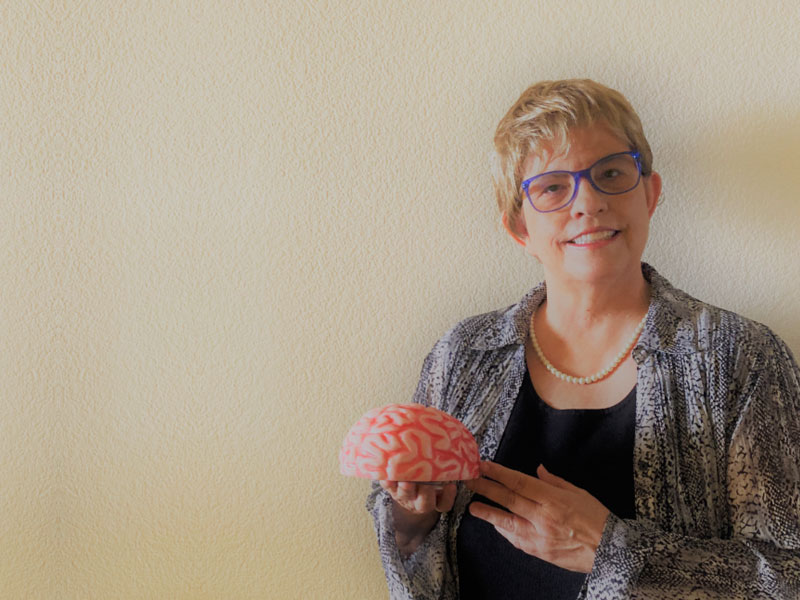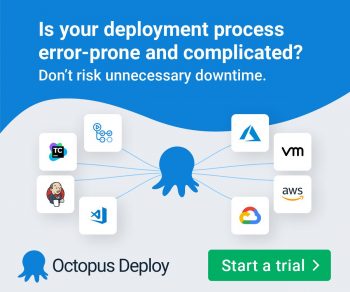Unless you’ve been living under a rock, you’ve probably noticed the flurry of interest in Open Ai’s new platform, ChatGPT. The bot is capable of answering just about any question put to it, with lightning-fast speed and increasingly improving accuracy. But what does it mean for us humans?
The advancement of science typically follows a glacier-like pattern of slow, incremental advances forward. A tiny discovery here suggests more topics to research over there, and as we begin to combine those insights, often from diverse fields, we gain a deeper understanding of our world (and sometimes, even ourselves). But these tiny updates have a way of magnifying themselves. Occasionally, we make a huge leap forward in our understanding of the world and our place in it. Each of these “great leaps” was built on many tiny discoveries that came before:
An unknown ancestor learned how to harness fire.
Copernicus rewrote cosmology by claiming that the Earth rotates around the Sun.
Galileo pointed a telescope to the sky and revealed new worlds.
Newton broke white light into a spectrum of wavelengths and codified his laws of motion.
Benjamin Franklin proved that lightning is electrical.
Bayes formulated a new way to study probability and decision science.
Einstein, an obscure patent clerk, wrote a series of papers that redefined physics and set the stage for nuclear energy.
George Boole invented the logical framework that would become the model for search engines.
Turing proposed that one day a machine might be able to think.
Darwin and Wallace formulated the theory of natural selection.
Marie Curie discovered radiation.
Einstein published a series of papers that transformed physics and paved the way for nuclear energy.
Alan Turing proposes that one day it will be possible to build a machine that can think.
Hubble discovered that the Milky Way is just one of many galaxies in the universe.
A team of scientists decoded the structure of DNA.
Dolly the sheep was cloned.
The human genome is mapped.
The first image of a black hole proves a key element of Einstein’s work.
The fMRI revealed how the brain actually works, dispelling many learning “theories” that are now just historical anecdotes.
What ChatGPT can do
Conduct Research– One capability that has a lot of teachers and college professors worried, is the model’s ability to conduct research with lightning speed and produce a list of references formatted to academic requirements. I tried this myself and got a list of articles about the use of AI in education. I followed this up with a request to put the list in APA style. Within seconds, I received a detailed list. It is even possible to ask the bot to write a paper summarizing these results. More than one educator has already bemoaned this capability as the “end of exam integrity.”
Debug Code
While it may take some time to get there, given enough information, GPT and help you correct bugs in your code, and suggest improvements in your programming. An intriguing tool for students and professionals alike.
Summarize Large Documents
When I pasted a block of text into the bot, I received a reasonable summary of key points.
Simulate Creative Responses
When asked to come up with ideas for a 10-year-olds birthday party, the bot came up with 10 age-appropriate ideas. Busy mom’s or brain-blocked creatives might benefit from “brainstorming” with the bot to generate ideas. For example, I asked GPT to generate plot lines for a science fiction novel based on AI and got 10 intriguing responses, including this one:
“A young woman discovers a hidden talent for solving crimes and becomes an amateur detective, using her unique abilities to uncover the truth and bring criminals to justice. But when a new AI technology is introduced to the police force, she must race against time to prove that human detectives are still necessary in a world where machines can process information faster and more efficiently.”
When I asked for game to teach History online, I got this response:
“Time Travel Adventure Objective: The objective of the game is to travel through different time periods and complete challenges in order to learn about key events, people, and societies in history.” The bot went on to detail the rules of the game and the learning outcomes that could be expected.
Write Exams
When asked to provide a 10 question exam on probability for beginners, I received 10 appropriate questions plus an answer key. I hadn’t asked for an answer key, just the questions, so this result was quite impressive.
Ask Clarifying Questions
If GPT doesn’t understand your question, it will respond with follow-up questions.
But GPT Can Make Mistakes – Sometimes Surprising Ones
When I asked the bot to calculate the mean of five numbers (7, 8, 23, 40, 10) it performed the correct calculation but added the five numbers incorrectly. I was surprised to find such a basic error, so I pointed it out. The bot readily admitted its mistake, replying “I apologize, you are correct. My previous answer was incorrect.” But when I pressed it by asking why it would make such a simple mistake, I got what appears to be a default reply, rather than one indicating any ability to troubleshoot its own programming: “As a machine learning model, I make mistakes because my training data is not perfect, and it can contain errors or biases. Additionally, I may not have the context or information to fully understand a question or problem.”
To be fair, OpenAi states right up front that the bot “may occasionally generate incorrect information.” However, its inability to perform a simple math problem indicates that we should all be careful before we leap into relying on it as a source of information.
Is GBT a Major Leap Forward in Artificial Intelligence?
I thought I might go right to the source and ask the bot about this. When I posed this question to the bot, I got this very balanced response:
“ChatGPT is a significant advancement in the field of natural language processing and AI. It is a large language model that has been trained on a massive amount of text data and is able to generate human-like text that is difficult to distinguish from text written by a human. It has been used in various applications such as chatbots, automated writing, and language translation. However, it is not considered a general AI and is not capable of performing tasks outside of its training domain.”
Conclusions
Right now, we don’t have much to fear from AI taking over the world, but we do have a lot to gain. I’ve seen how this model and others can save me time, check my work, and stimulate new ideas. I encourage you to experience it for yourself and see what you think.

















